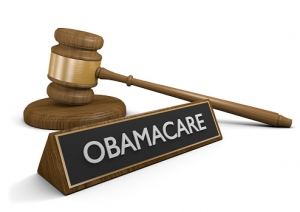Employers
Insurance companies are concerned that some people are abusing the Special Enrollment Period (SEP) that is available in the individual marketplace. They have indicated at least some people are delaying enrollment in coverage until they get sick, applying for coverage only once they need it, and then canceling the coverage after treatment. They further argue that there aren’t enough rules in place to verify if a person actually experienced a qualifying event which would trigger a SEP.
- The Cadillac Tax has been delayed by two years until 2020.
On December 11, 2015, the Department of Health and Human Services (HHS) posted guidance for states interested in seeking a State Innovation Waiver under Section 1332 of the Affordable Care Act (ACA).
- The Individual Mandate penalties increase to $695 per adult ($347.50 per child) or 2.5% of household income, whichever is greater.
- The Employer Mandate expands to include all employers who have 50 or more employees.
- The Employer Mandate offer rate increases from 70% to 95%.
- Employer reporting related to the offer of coverage is due for the first time during Q1 2016.
You may have thought the penalty for applicable large employers who fail to offer minimum essential coverage was $2,000 per employee. You may have also thought that if you offered coverage, but it was unaffordable and/or didn’t provide minimum value, then the penalty was $3,000 per employee who waived coverage and received a subsidy in the Exchange.










